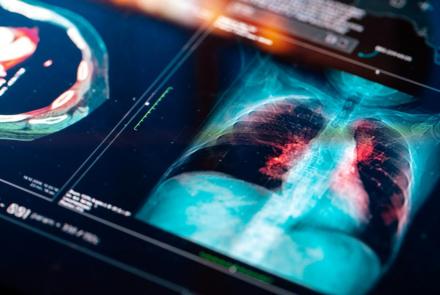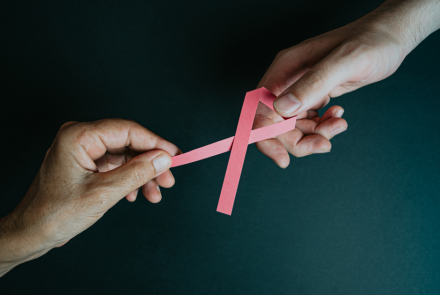If you have diabetes or high blood pressure, it’s important to keep these conditions under control to prevent developing chronic kidney disease. For people with these conditions who already have kidney disease, controlling diabetes and high blood pressure can help prevent the need for dialysis, according to Steven Yablon, MD, a kidney specialist at Rockland Renal Associates in West Nyack, NY.
The kidneys contain millions of tiny blood vessels, which can be damaged by high blood sugar. Uncontrolled high blood pressure can also damage the kidney’s blood vessels.
“As more Americans become obese and develop diabetes, cases of chronic kidney disease are reaching almost epidemic proportions,” Dr. Yablon says. “Close to 12 million Americans have chronic kidney disease, and almost 4000,000 are on dialysis.”
Chronic kidney disease (CKD) usually worsens slowly. Symptoms may not occur until the kidneys are badly damaged. There are five stages of CKD, which range from very mild in Stage 1, to complete kidney failure in Stage 5. The stages are based on how well the kidneys can filter waste and extra fluid out of the blood.
Damage to the kidneys is usually permanent. “It’s important that a person diagnosed with kidney disease see a kidney specialist, called a nephrologist, early so the disease doesn’t progress and cause complications,” Dr. Yablon says. “We can work with a person’s primary care doctor and endocrinologist to get their blood pressure and diabetes under control, and help them lose weight, so we can slow the progression of their disease.”
In addition to controlling diabetes and high blood pressure, people with CKD may need to be on a low-sodium, low-potassium diet. Sodium can contribute to increased blood pressure and fluid retention. Damaged kidneys allow potassium to build up in the blood, which can cause serious heart problems. CKD patients also may be advised to limit fluid intake.
If CKD is not diagnosed until it is in a late stage, complications can develop. These can include anemia, bone disease, heart disease, high potassium, high calcium, and fluid buildup.
Late-stage kidney disease symptoms can include:
- Itching
- Muscle cramps
- Nausea and vomiting
- Not feeling hungry
- Swelling in your feet and ankles
- Too much urine (pee) or not enough urine
- Trouble catching your breath
- Trouble sleeping
“If we don’t see a patient until their kidney function has deteriorated significantly, it’s difficult to keep it under control. Those patients will need dialysis or a kidney transplant,” Dr. Yablon says.
Dialysis removes waste, salt and extra water to prevent them from building up in the body. It is done three times a week for 3 ½ to 4 hours at a time. “It keeps you alive, but it’s not as good as keeping your own kidney function,” he explains. Fluid can build up in between dialysis sessions, and cause a person to gain as much as 10 to 12 pounds, which strains the heart.
“Because a person will never regain lost kidney function, it’s so important to prevent chronic kidney disease in the first place,” Dr. Yablon says. “If you have diabetes or high blood pressure, work with your doctors to keep your blood sugar and blood pressure under control to prevent kidney disease.”






